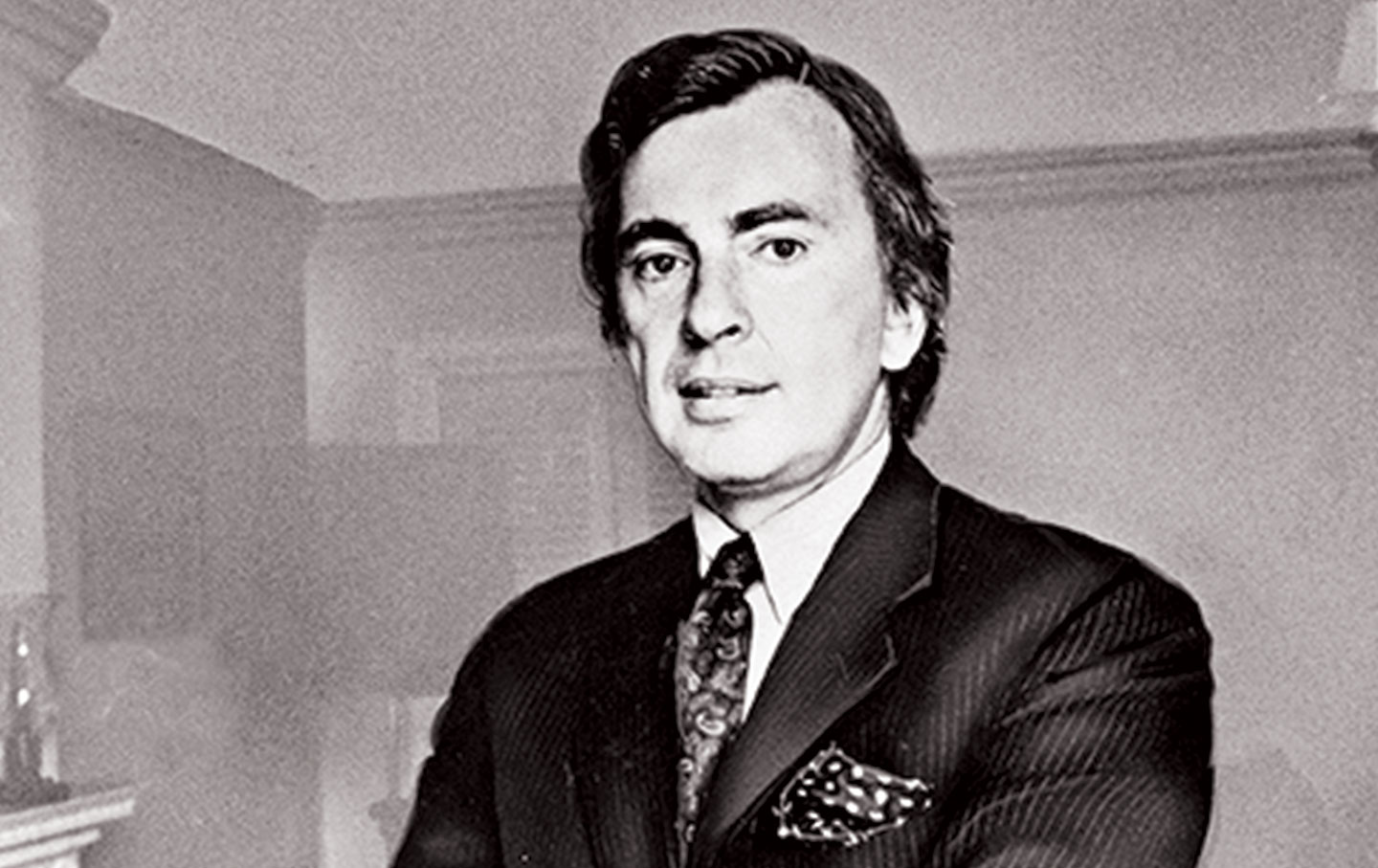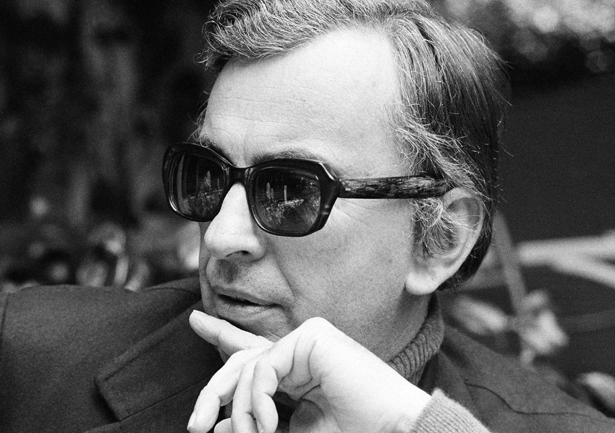
When ‘Commentary’ Parroted ‘The Protocols of the Elders of Zion’ When ‘Commentary’ Parroted ‘The Protocols of the Elders of Zion’
Like it or not, Jews and homosexualists are in the same fragile boat, and one would have to be pretty obtuse not to see the common danger.
Mar 23, 2015 / Feature / Gore Vidal

Decline of the Empire Decline of the Empire
An excerpt from the new eBook, Gore Vidal's State of the Union: Nation Essays 1958-2005.
May 13, 2013 / Gore Vidal
Gore Vidal in ‘The Nation’ Gore Vidal in ‘The Nation’
Powerful essays from half a century of writing.
Aug 1, 2012 / Gore Vidal
Dennis Kucinich Dennis Kucinich
A farsighted populist and pacifist.
Nov 8, 2007 / Feature / Gore Vidal
Ferdinand VII Ferdinand VII
Whose astonishing wisdom led to preserving a statue of the monstrous Ferdinand VII in Havana?
Apr 26, 2007 / Books & the Arts / Gore Vidal
President Jonah President Jonah
As his State of the Union message approaches, we deserve a rest from the fundamentalist presidency of G.W. Bush, whose guiding principles are antithetical to democracy and will onl...
Jan 25, 2006 / Books & the Arts / Gore Vidal
Something Rotten in Ohio Something Rotten in Ohio
Voting irregularities in the 2004 election demonstrate the urgency of election reform.
Jun 9, 2005 / Gore Vidal
State of the Union, 2004 State of the Union, 2004
This article is excerpted from Gore Vidal's latest book, Imperial America, just published by Nation Books.
Aug 26, 2004 / Books & the Arts / Gore Vidal
We Are the Patriots We Are the Patriots
Americans who oppose the Cheney-Bush junta demonstrate sanity, not cowardice.
May 15, 2003 / Books & the Arts / Gore Vidal
Blood for Oil Blood for Oil
In May 2001, the White House issued a National Energy Policy report, known as the Cheney Report: the state of our national oil reserves. In 2000, half the oil we consumed was impor...
Oct 10, 2002 / Gore Vidal
